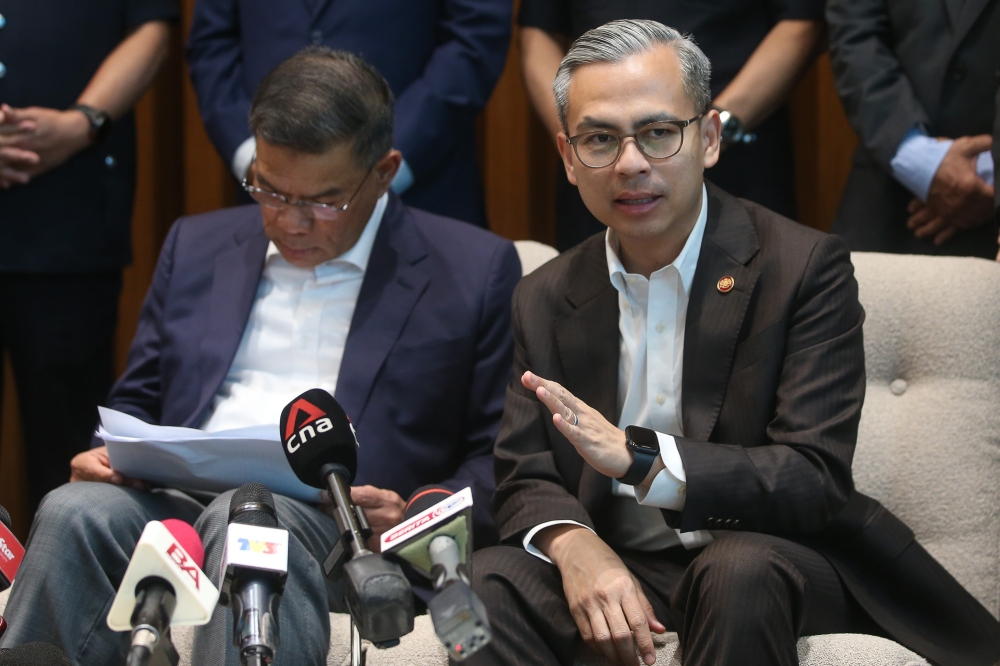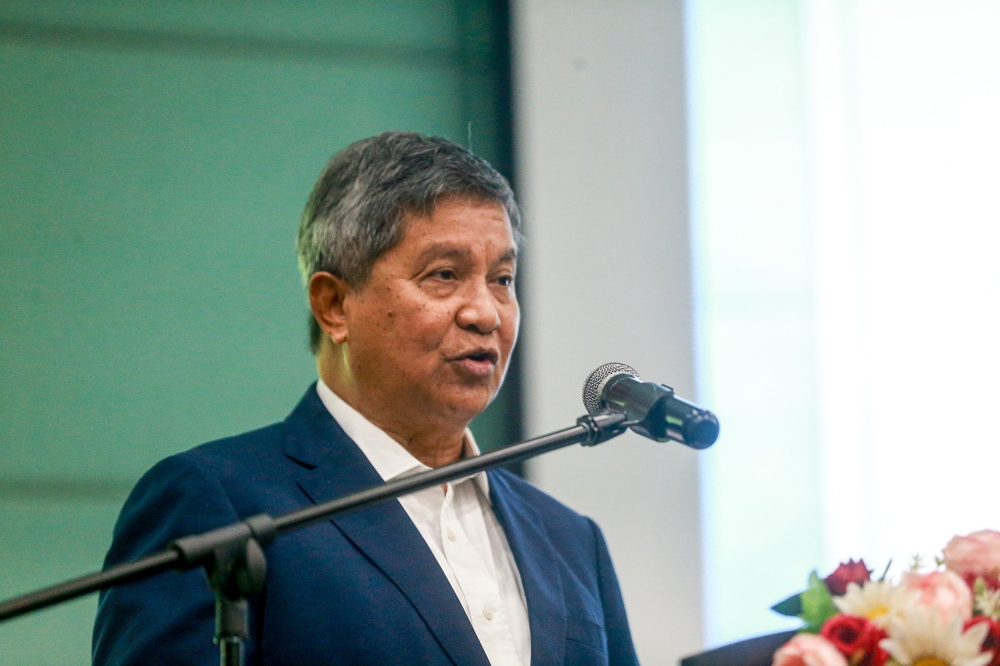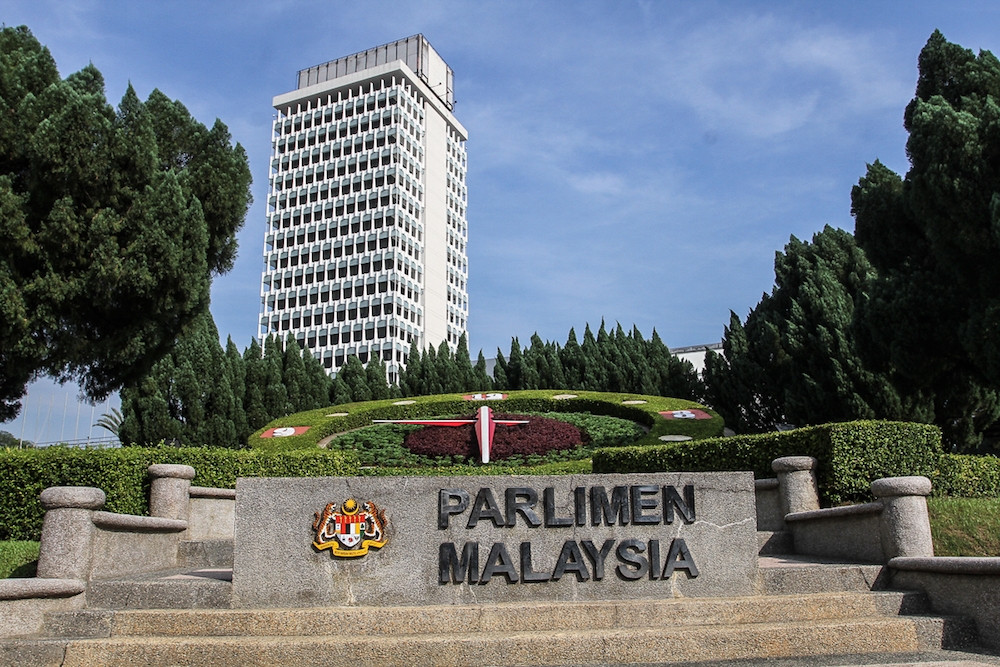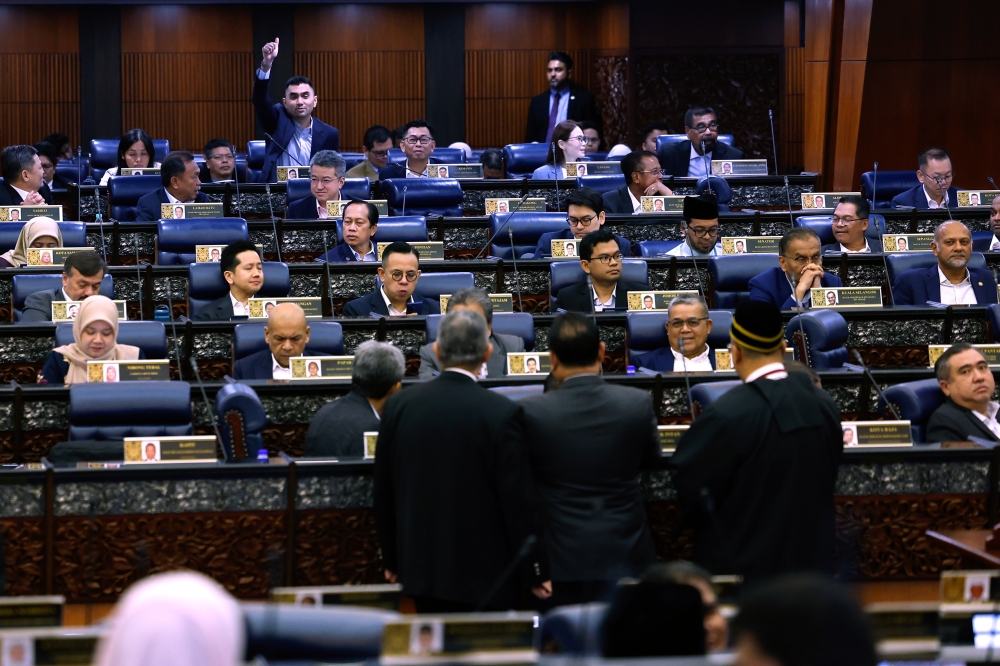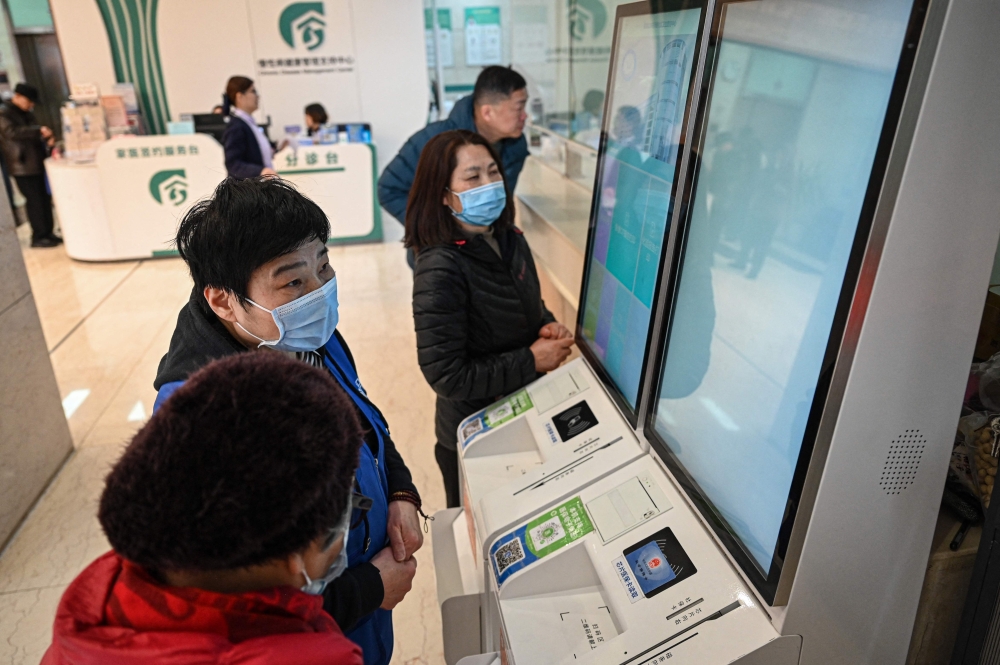TOKYO, Sept 19 — The Bank of Japan today warned of increasing downside risks for the global economy but held off on further easing, even as European and US peers loosen their credit grip.
The central bank said it would maintain its ultra-loose monetary policy, vowing to keep interest rates low at least until the spring of 2020, though governor Haruhiko Kuroda did hint at possible moves next month.
But it warned of headwinds including the prolonged trade war between the US and China, and Britain possibly leaving the European Union without a divorce deal.
“Given that, recently, slowdowns in overseas economies have continued to be observed and their downside risks seem to be increasing, the Bank judges that it is becoming necessary to pay closer attention to the possibility that the momentum toward achieving the price stability target will be lost,” it said in a post-meeting statement.
The statement — released after a two-day meeting — did not include a revision to its July inflation outlook, projecting 1.0 per cent for the year to March 2020 and 1.3 per cent the following year.
Those figures are far short of the two per cent the BoJ has long set as its target — a figure seen as key to turbocharge the world’s third-largest economy.
Kuroda said in a news conference that fresh easing measures at the October meeting were possible.
“If you were asking me if we are becoming more inclined toward further easing, relative to our last meeting, that is correct,” he told journalists.
He also shrugged off the risks of a consumption tax hike scheduled to kick in next month.
“We do not think at this point that the economy would see a significant impact from the consumption tax hike,” he said. “But consumers’ minds are affected by various things. So we need to closely monitor that.”
But some observers have questioned how much more Bank policymakers could do to support the economy.
“Currently, the BoJ has no effective policy options left,” said Naoya Oshikubo, senior economist at Sumitomo Mitsui Trust Asset Management.
A further cut in its already negative interest rate is “bound to have a detrimental impact on financial institutions and the financial system”, Oshikubo said in a note released before the policy decision.
“Unless the positive side effects outweigh the negative effects, this is not a realistic option,” he said.
The dollar slipped to ¥107.87 (RM4.19) from levels above ¥108 seen before the decision.
The European Central Bank unveiled last week a massive stimulus programme and cut interest rates to goose the sluggish eurozone economy.
And on Wednesday the US central bank cut its benchmark interest rate for the second time this year.
While noting policymakers do not expect a recession, Federal Reserve chief Jerome Powell vowed to do whatever is needed to keep the economy growing.
The BoJ has unleashed a barrage of stimulus and monetary easing to reach its two per cent inflation target but progress has been painfully slow, with policymakers blaming a “deflation mindset” that continues to weigh on the economy. — AFP



